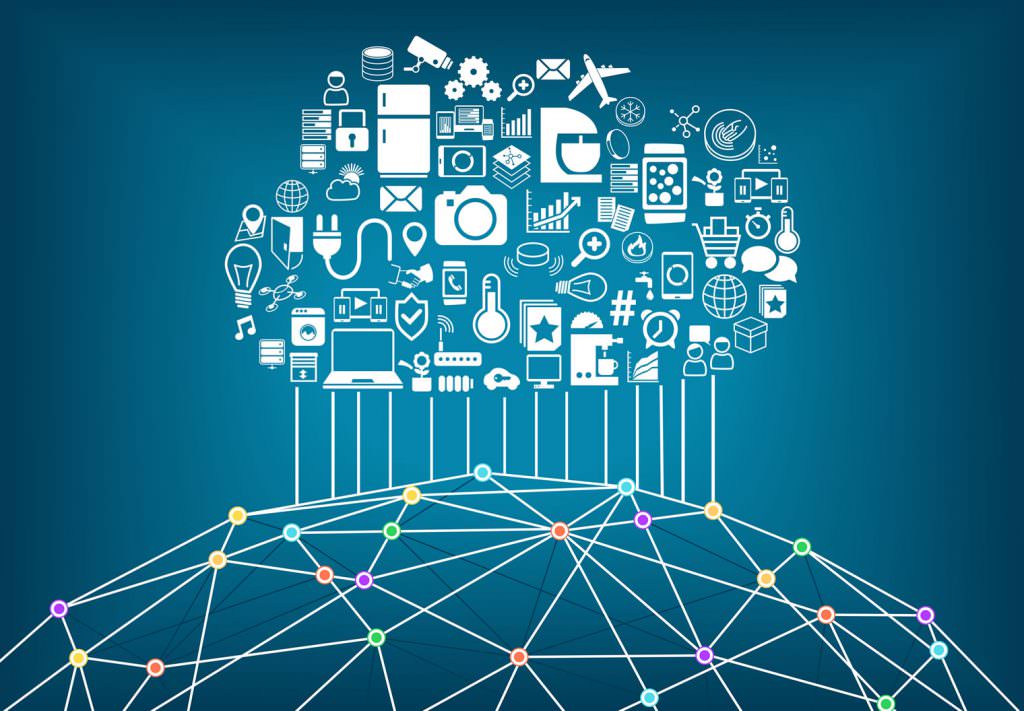
Two of the hottest trends in technology today could be even more influential if they were combined. Blockchain has applications that stretch way beyond just cryptocurrencies and Internet of Things is, or will be, all encompassing. The latter has potential security issues on a terrifying level and the former could be used to alleviate them.
By removing a central authority or controlling system, blockchain can help secure IoT devices and networks by reducing the risk of single point compromise. According to Forbes there is a lot of ‘hot air’ surrounding both technologies which still have a long way to go.
Security issues
IoT by nature relies on an autonomous flow of data between interconnected devices. These devices can be anything from a refrigerator to a CCTV system and they all run on different software with different levels of security.
Back in 2016 the world was made painfully aware of this when the Mirai Botnet orchestrated an unprecedented distributed denial of service attack from hundreds of thousands of vulnerable IoT devices. The IoT client-server architecture was, and still is, its Achilles heel. This central authority is responsible for the transmission and collection of data from the IoT network, be it a home central heating system or a driverless car. This makes one single point a target of attack that can be easily compromised.
Blockchain solutions
Effective cyber security has five essential directives: availability, auditability, accountability, integrity and confidentiality. By using an immutable distributed ledger to store data instead of a centralized server these five principles can be upheld. The transparent transactions and activity can be accessed by anyone with authority on the network. If there is a breech or data discrepancy it is easy to locate where and what has caused it.
The use of encryption also adds a layer of trust for all parties involved in the transaction. The physical devices would securely record details of transactions that take place between themselves, with no human oversight. Without the private keys giving write access to the blockchain no human will be able to overwrite the record with inaccurate information, the machines would be responsible for their own private keys.
Smart contracts could also be applied to create executable agreements when certain conditions are met. This would be especially useful for delivery and payments systems. There are already a couple of IoT based blockchain companies such as the IOTA Foundation however both industries are on the cusp of massive growth in the coming years so there are likely to be a lot more around the corner.
